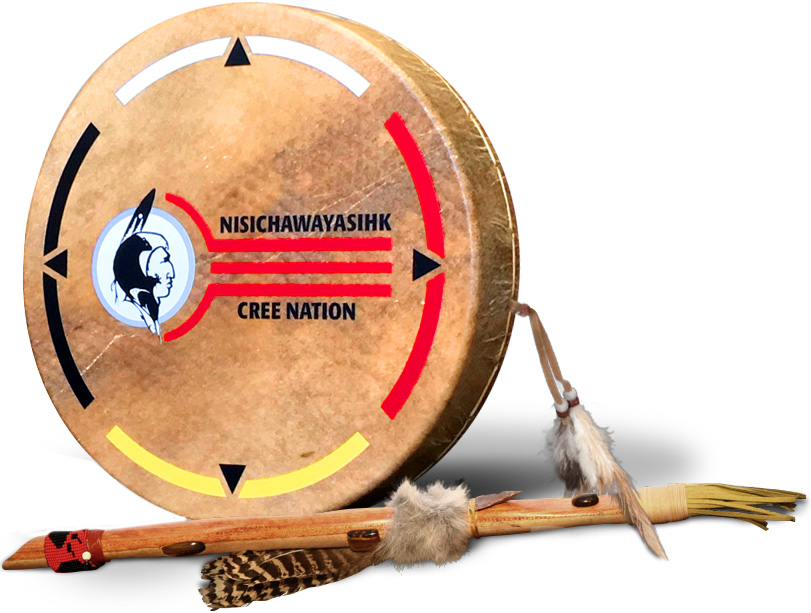~ Our Vision ~
“Our Vision is to exercise sovereignty that sustains a prosperous socio-economic future for Nisichawayasihk Cree Nation.”
Building a Brighter Future

Nisichawayasihk Cree Nation is a vibrant and thriving First Nation based in Nelson House, Manitoba, about 800 kilometres north of Winnipeg and 80 kilometres west of Thompson. We’re focused on providing education and opportunities that can help assure a positive tomorrow for our youth, our families and our Elders.
Through our investment in the Wuskwatim Project, we are a partner in developing our water resources and at the same time assuring the project has the least impact on our land. We are also investing in businesses that can bring us meaningful jobs and opportunities, and working towards establishing an Urban Reserve in Thompson.
We are developing ecotourism programs that will introduce people from around the world to our culture and environment.
We know there is no single answer to our future, only an ongoing understanding that our relationship with the rest of the world must be based on respect and integrated with who we are and what we can be.
Where Three Rivers Meet
The Cree name Nisichawayasihk means, “Where three rivers meet”. The largest community, business and government centre is located at Nelson House on the north shore of Footprint Lake at the convergence of the Burntwood, Footprint and Rat Rivers. Smaller areas of development occur at Dog Point, R.C. Mission Point and the New Area.
Population
The Nisichawayasihk Cree Nation has a total population of over 4,600 living in Nelson House, Thompson, Brandon, South Indian Lake and Winnipeg. More than 60 percent of our people are between 13 and 30 years of age.
Language
Our native language is Cree, the most widely spoken Aboriginal language across Canada. Our Cree language has its own unique regional dialect and we are working to preserve this language – by encouraging our youth to use it in our homes and schools – and with other initiatives such as compilation of a dictionary for our dialect. English is also widely spoken by our Members.
Culture & Traditions
NCN’s distinctive culture includes the Cree language of our people, our dances and dress. It also includes Ethinesewin, which is the traditional knowledge and collective wisdom of Nisichawayasihk Nehethowuk.
NCN promotes culturally appropriate practices in its approach to education, health care, healing and social services and economic development.
For example, traditional knowledge was used with western scientific knowledge in the development of the Wuskwatim Project Development Agreement (PDA). In addition to the impact our culture has had on the environmental protection of our lands and design of the dam, it also meant that all workers on the Wuskwatim Project took part in a cultural-diversity awareness program.
